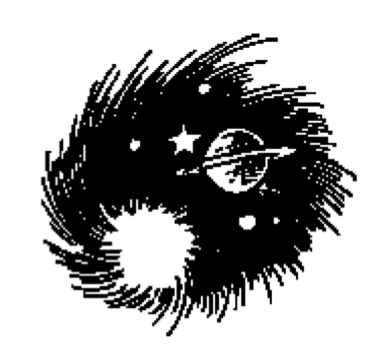The world exists. Why recreate it? I want to think about it, try to understand it. What I am is a wisdom junkie, knowing all along that wisdom is, in many ways, junk. I want a literature built entirely out of contemplation and revelation. Who cares about anything else? Not me.
Verboten thematic: secular Jews, laureates of the real, tend, anyway, to be better at analyzing reality than recreating it. Recently, for example, Lauren Slater, Lying; Harold Brodkey, most of the essays; Phillip Lopate’s introduction to The Art of the Personal Essay; Vivian Gornick, pretty much everything; Leonard Michaels, nearly everything; Bernard Cooper, Maps to Anywhere; Melanie Thernstrom, The Dead Girl; Wallace Shawn, My Dinner with André; Jonathan Safran Foer, “Primer for the Punctuation of Heart Disease”; Salinger’s later, consciousness-drenched work (I know I’ll love the Buddhist-inspired meditations he’s been writing the last forty years in his bunker). Less recently, e.g., Marx, Proust, Freud, Wittgenstein, Einstein.
Michel de Montaigne famously asked, “What do I know?”—thereby forming and backforming a tradition. Lucretius, On the Nature of Things. St. Augustine, Confessions. Pascal, Pensées. Rousseau, Confessions. Rochefoucauld, Maxims.
Yeats, though, said, “It must go further still: that soul must become its own betrayer, its own deliverer, the one activity, the mirror turn lamp.” Which could and should serve as epigraph to all of Nietzsche and all of E. M. Cioran; Alphonse Daudet, In the Land of Pain; Fernando Pessoa, The Book of Disquietude; Michel Leiris, Manhood: A Journey from Childhood into the Fierce Order of Virility. Leiris: “I bear in my hands the disguise by which I conceal my life. A web of meaningless events, I dye it with the magic of my point of view.”
Which is what I love—the critical intelligence in the imaginative position. Nicholson Baker, U & I. Geoff Dyer, Out of Sheer Rage. Terry Castle, “My Heroin Christmas.” Cyril Connolly, The Unquiet Grave. Jonathan Lethem, The Disappointment Artist. Richard Stern’s “orderly miscellanies.” Roland Barthes, S/Z. Wayne Koestenbaum, The Queen’s Throat. Nabokov, Gogol. Beckett, Proust. Proust, all. William James, Varieties of Religious Experience.
Sister Mary Ignatius, in other words, explaining it all for you—les belles dames sans merci: Joan Didion, all the essays. Elizabeth Hardwick, Sleepless Nights. Pauline Kael, all. Renata Adler, Speedboat.
So, too, on another track: Sandra Bernhard, Without You I’m Nothing. Sarah Silverman, Jesus Is Magic.
Then the train going in the opposite direction: Chris Rock,...
You have reached your article limit
Sign up for a digital subscription and continue reading all new issues, plus our entire archives, for just $1.50/month.
Already a subscriber? Sign in





